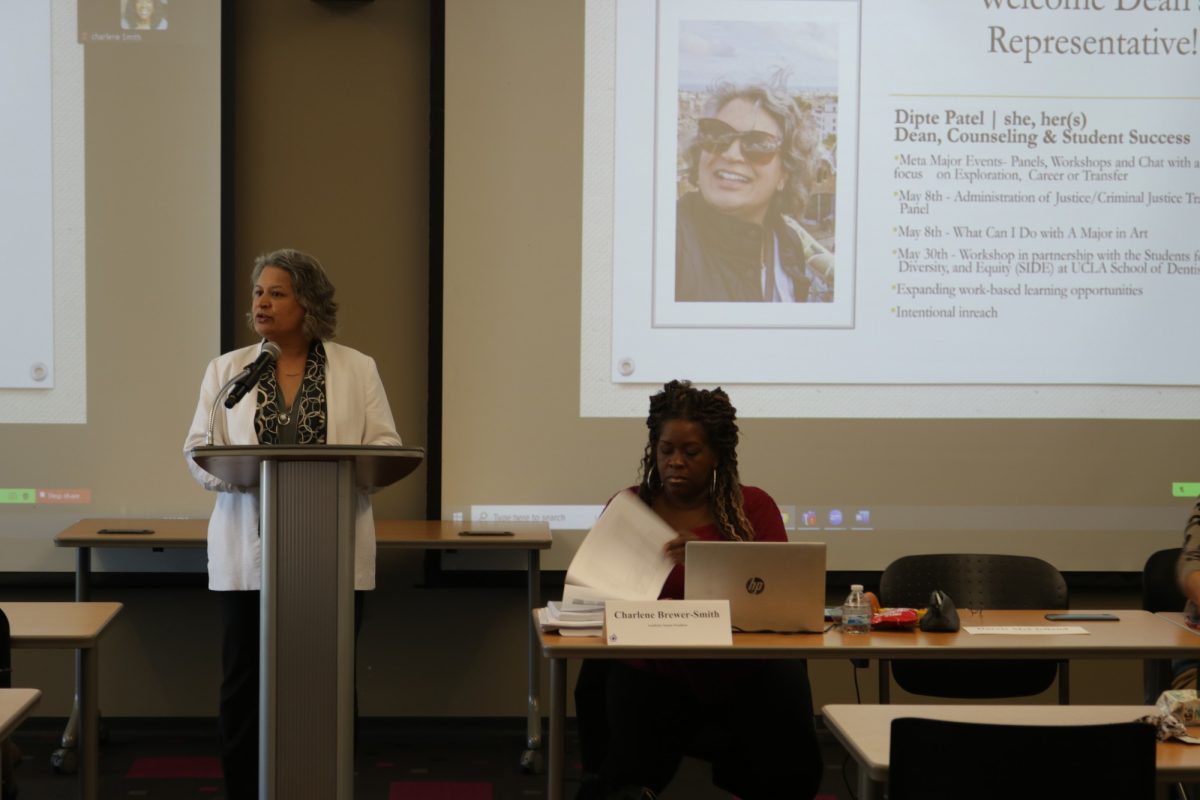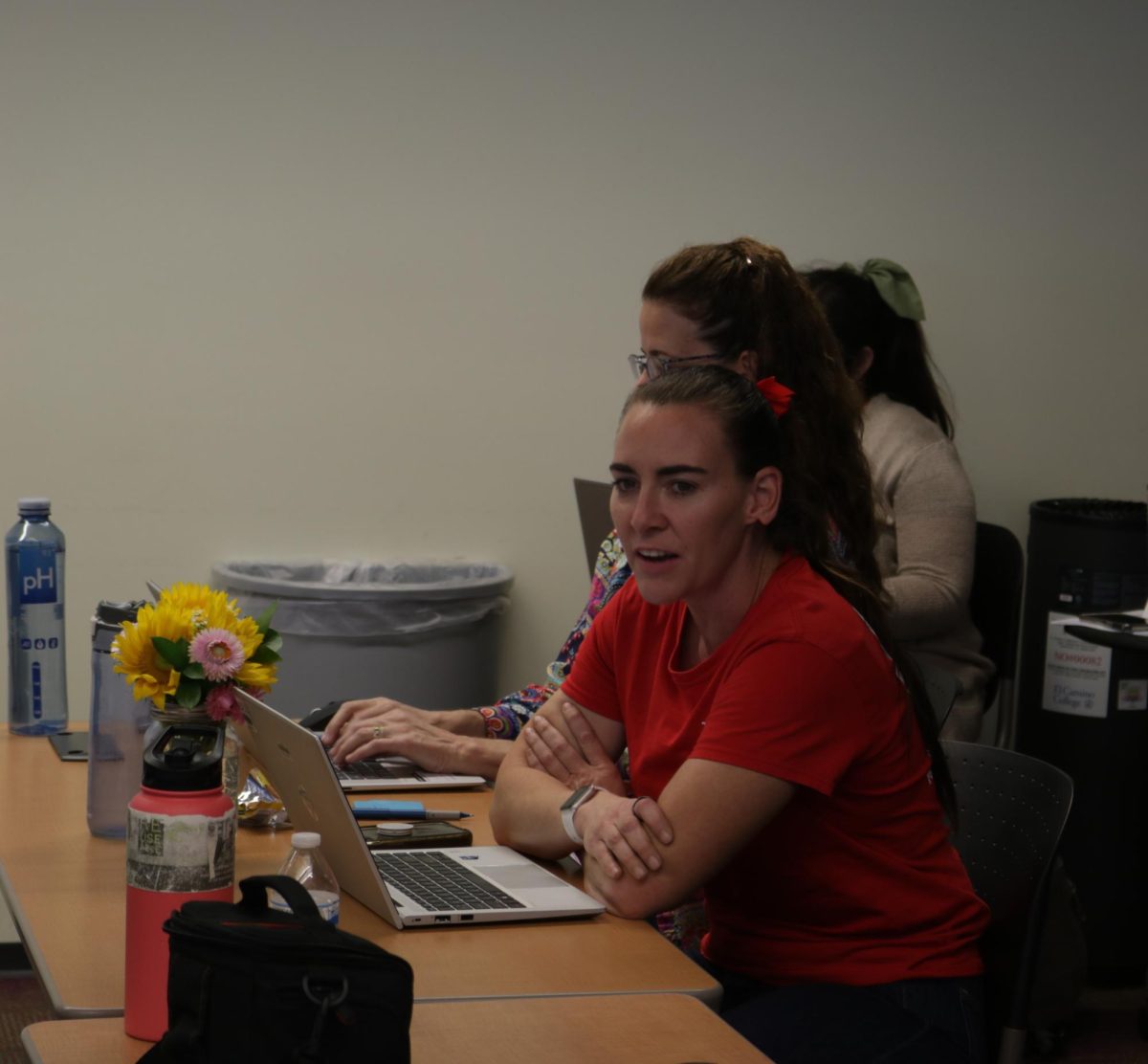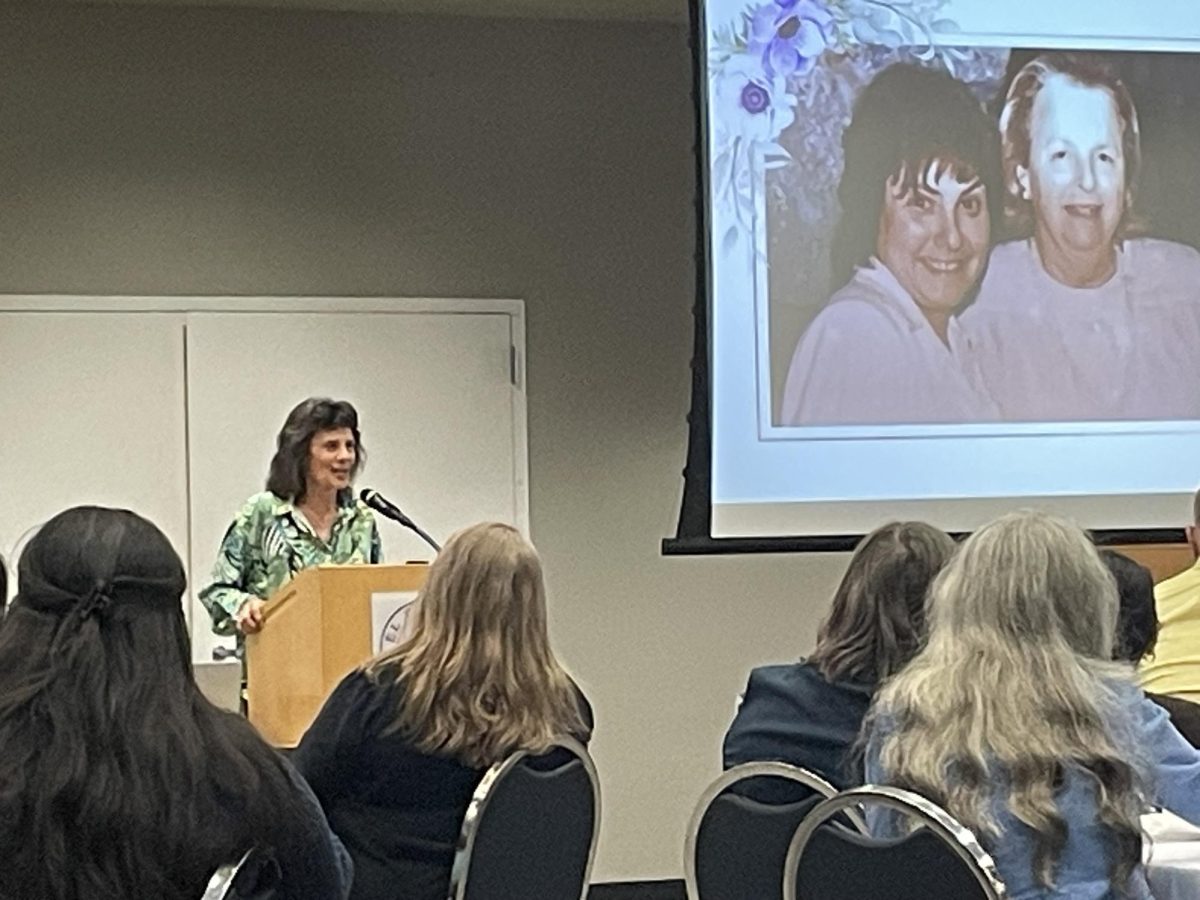Often debated by legislature, the Carl D. Perkins Vocational and Technical Education Act has succeeded in providing the college with $130,000 in funding for vocational education, Dr. Thomas Fallo, college president, said.
Future fire fighters, budding mechanics, aspiring architects and other students training for the various occupations need the support of the Perkins Act to continue their education.
“It is so difficult to keep pace with industry,” Ron Way, dean of industry and technology, said. “Perhaps half the money El Camino receives is used to buy supplies and equipment to upgrade and improve programs.”
Without the money provided by the Perkins funding, programs would not be able to purchase equipment that ensure proper training for the students.
“The funds must be used so that students are the beneficiaries of any equipment that we buy,” Way said. “We can’t buy a computer and put it in the dean’s office.”
Some of the equipment purchased includes a computerized alignment machine for the automotive technology program, 20 new self-contained breathing apparatuses for fire technology and a sanding machine for construction technology.
The funds are also used to bring in guest speakers and provide laboratory assistants, Way said.
“We are not to use the funds to augment programs, like paying teachers salaries,” Way said. “The programs have to be viable and sustainable on their own and these funds are used to improve them.”
Dr. Fallo said vocational programs are not exclusive to community college students.
“In fact, many students that have gone to a four year school come back for vocational programs,” Dr. Fallo said.
Six divisions a year will receive direct monetary support through the Perkins Act because the amount provided is not substantial enough to be divided equally among all the programs and still create notable improvement, Way said.
During April, the college announced how much money there is and invited the vocational programs to submit proposals, which were then considered by an external review board.
“Some of the efforts for homeland security are really putting great demands on money and some people think that there is an either-or and we like to say that there shouldn’t be an either-or. There should be an understanding that all of these programs are important and no program should be completely eliminated,” Dr. Fallo said.
“We want to hear of some kind of maximization of all the efforts and all the funds for the programs, but not an elimination of one for the other,” he said.
Dr. Fallo said vocational education is not inferior to transfer education.
“There is a misunderstanding in some people’s minds that transfer education is higher than vocational education,” Dr. Fallo said. “They should be treated on an equal basis.”





